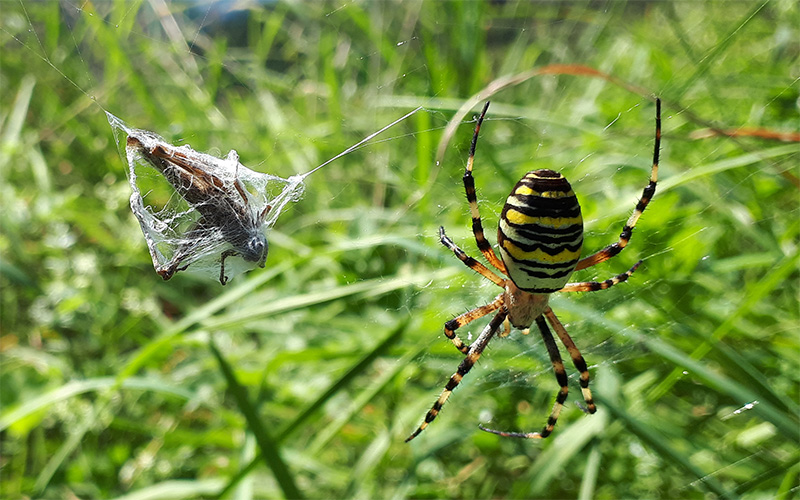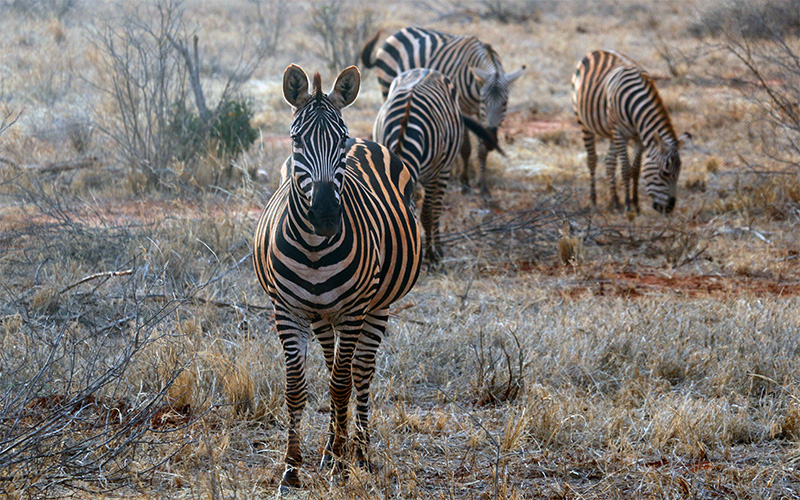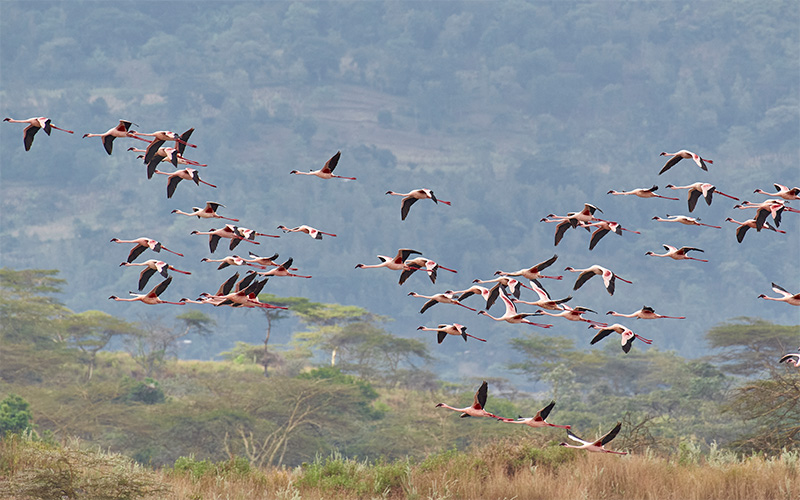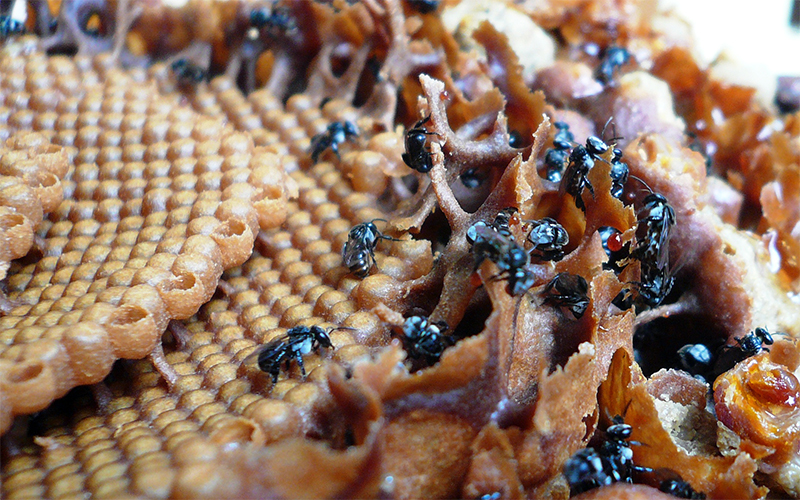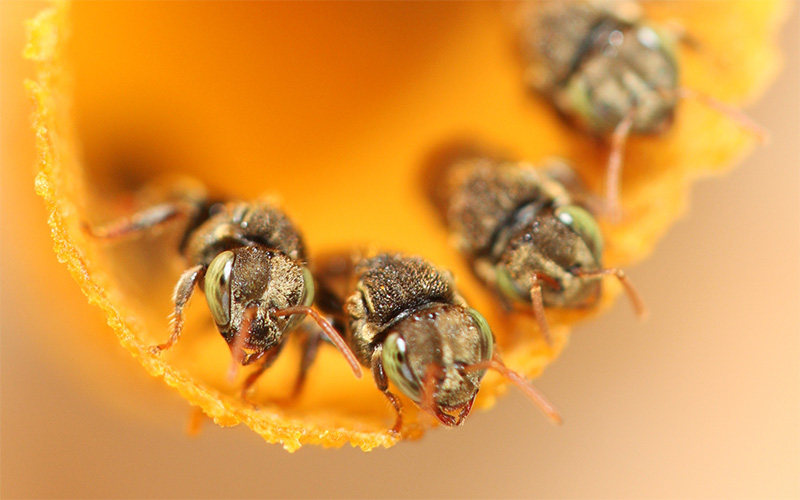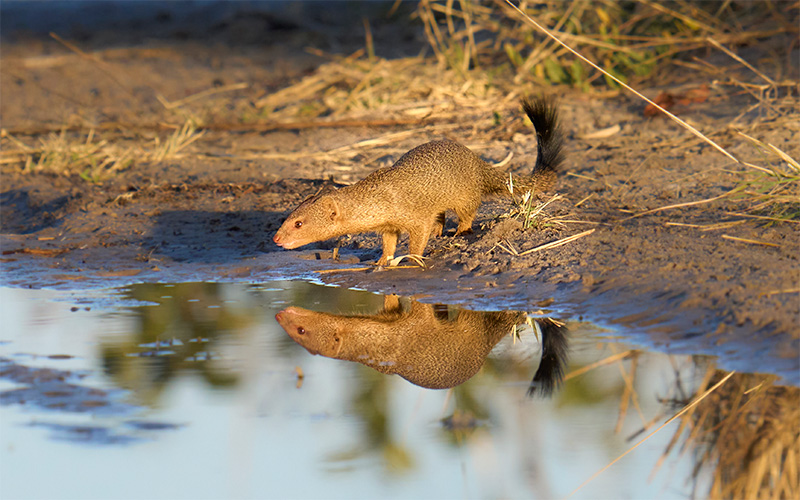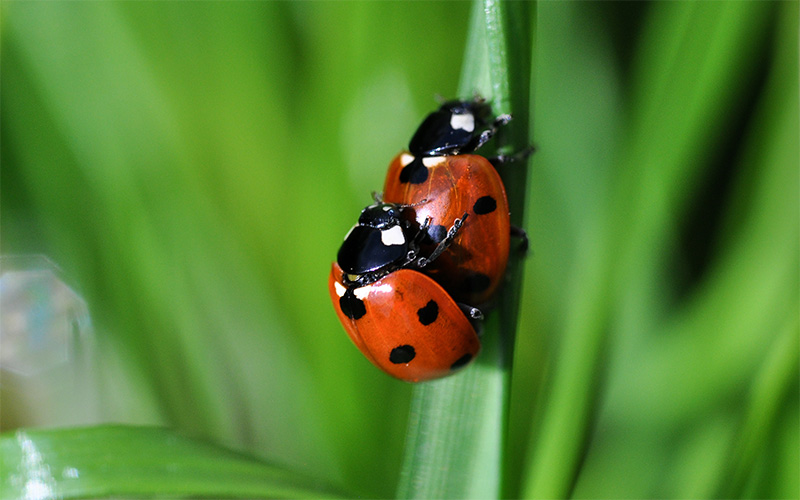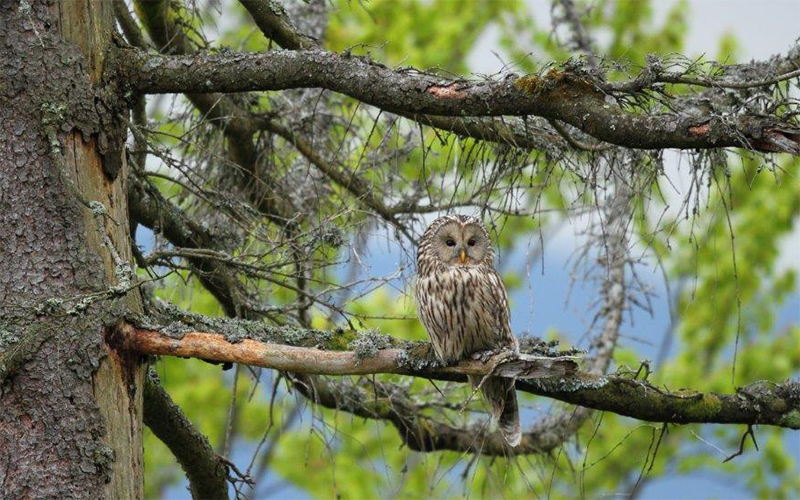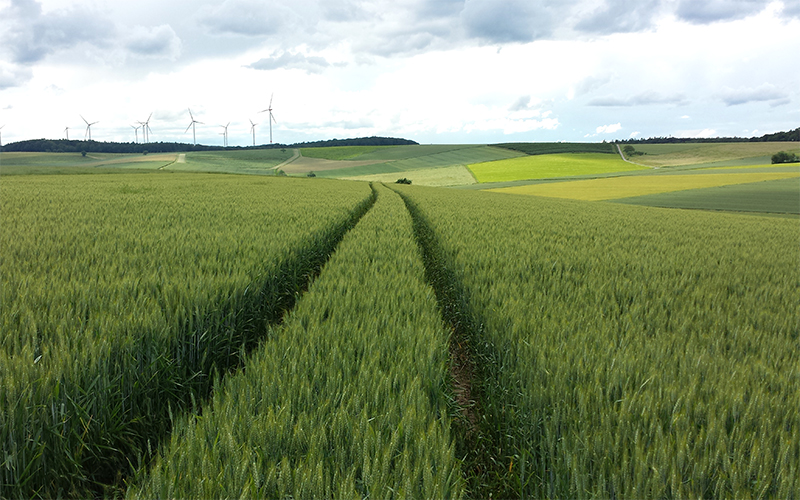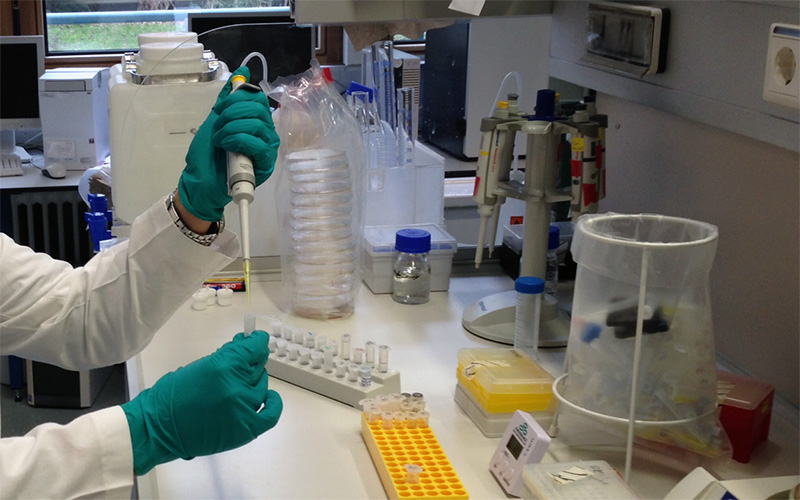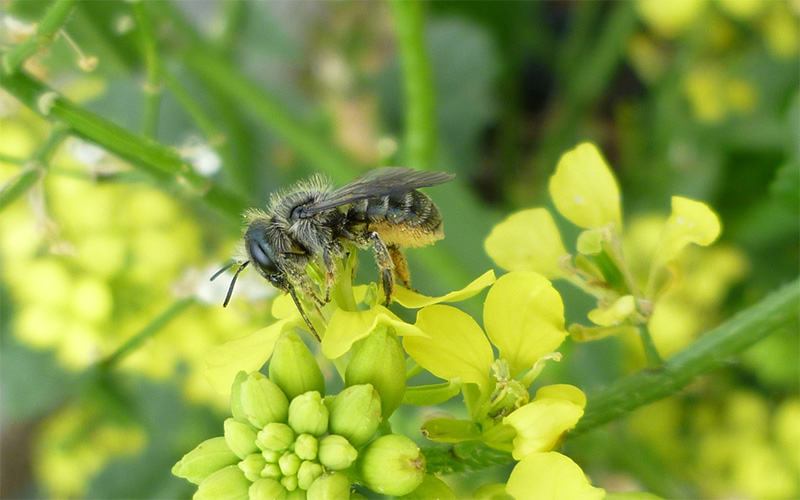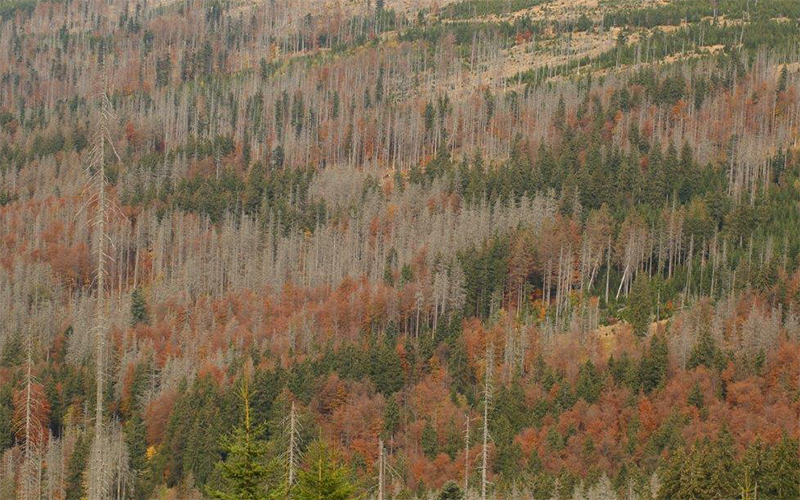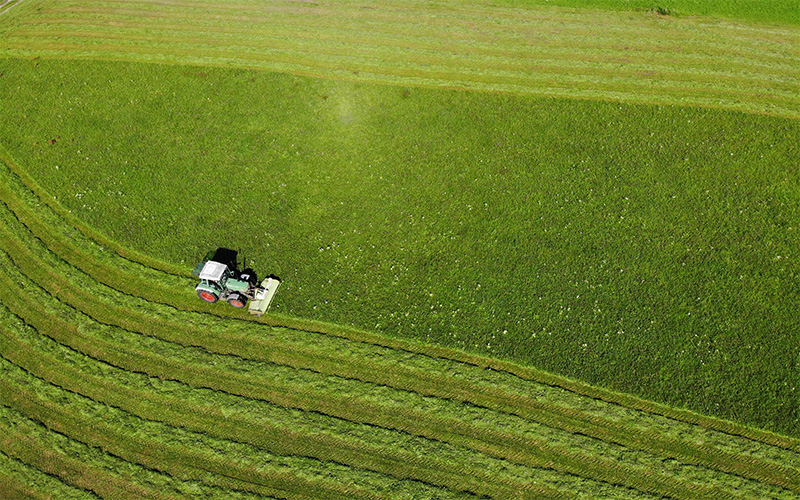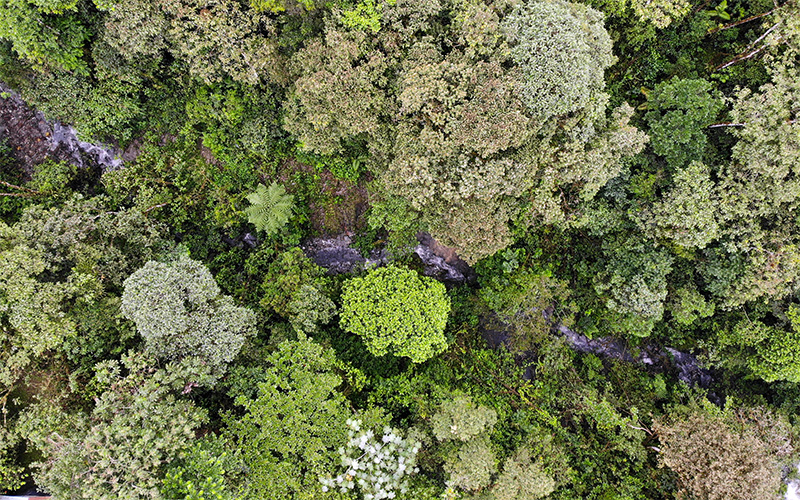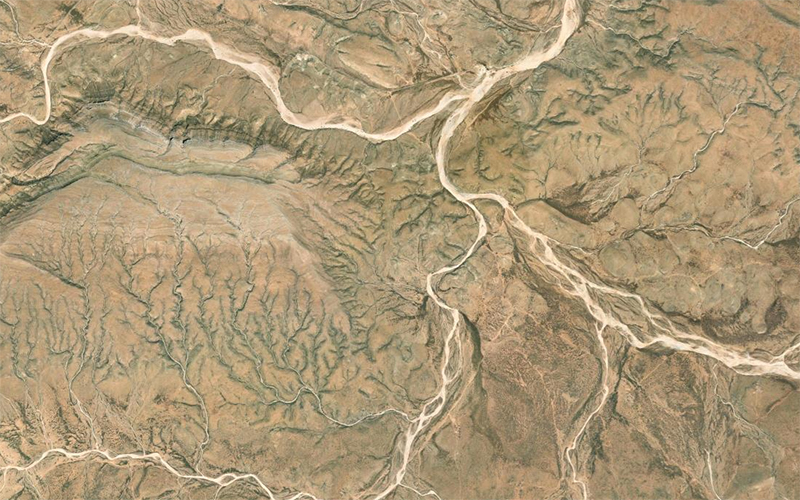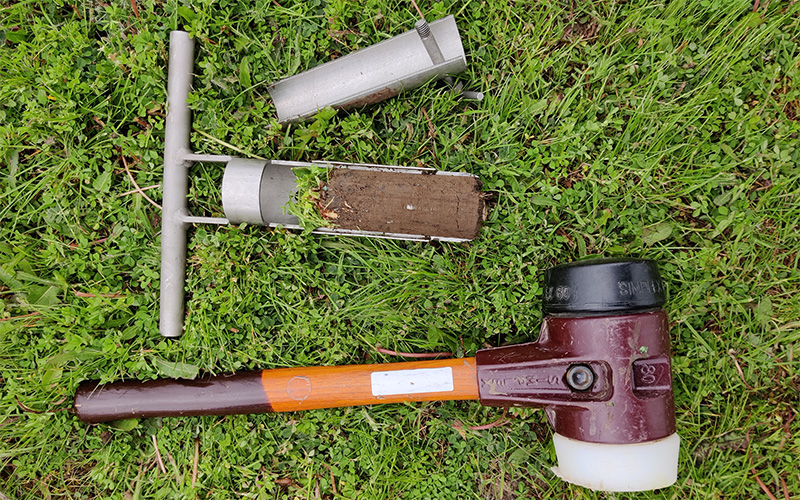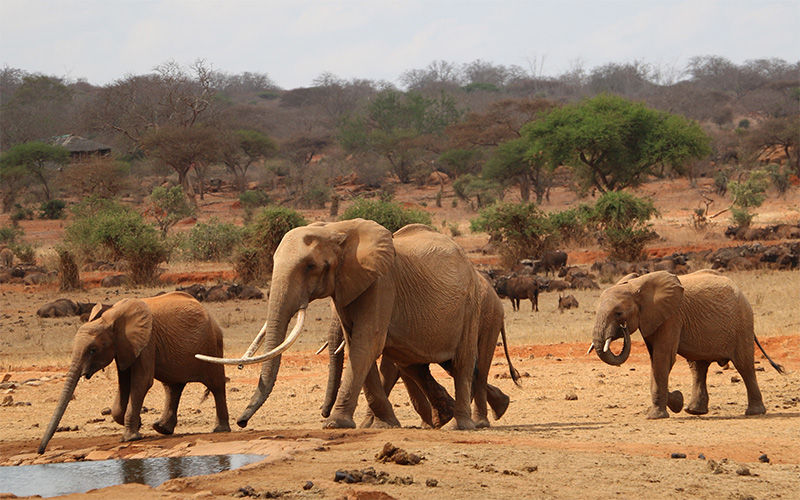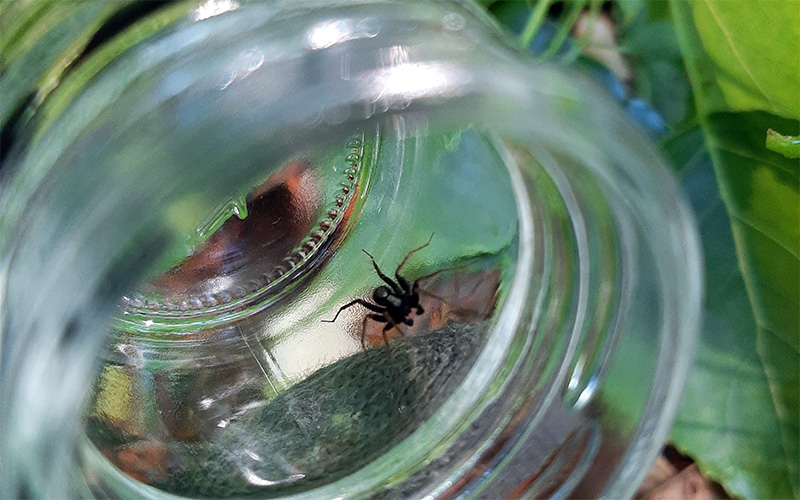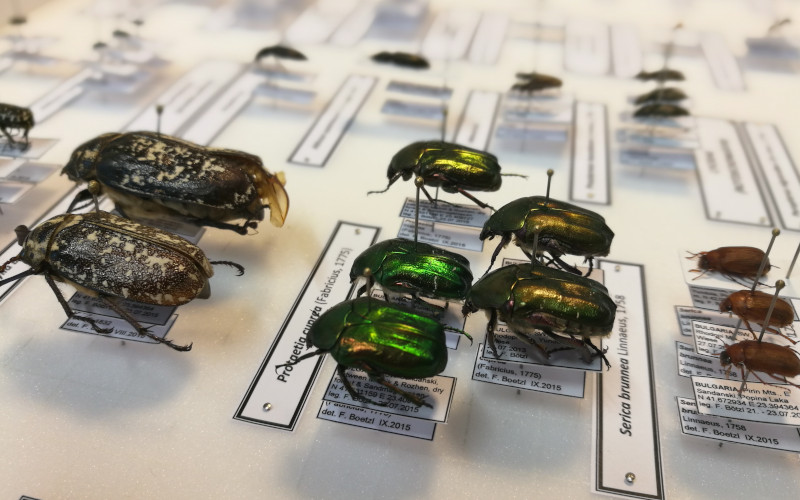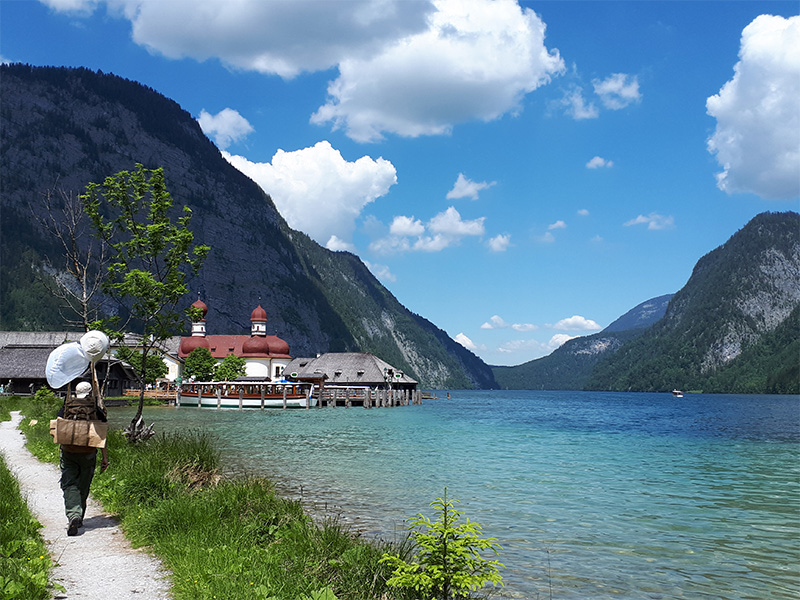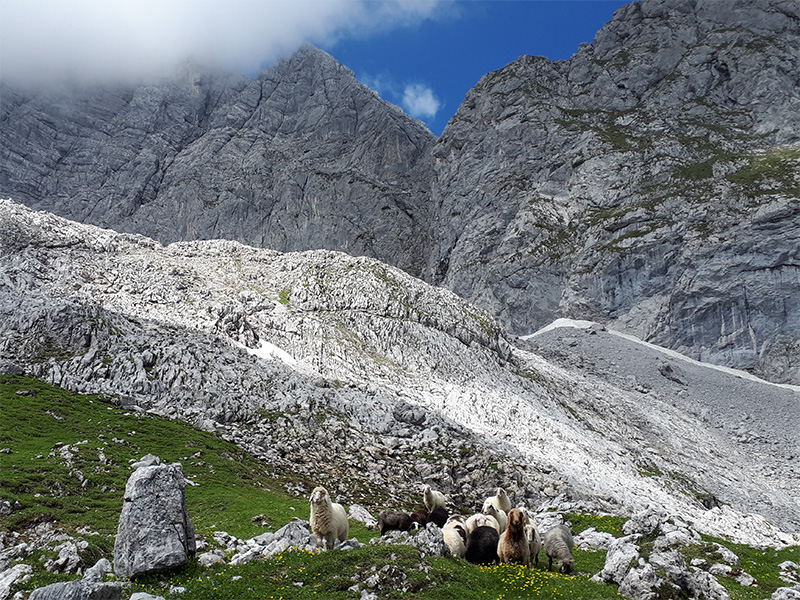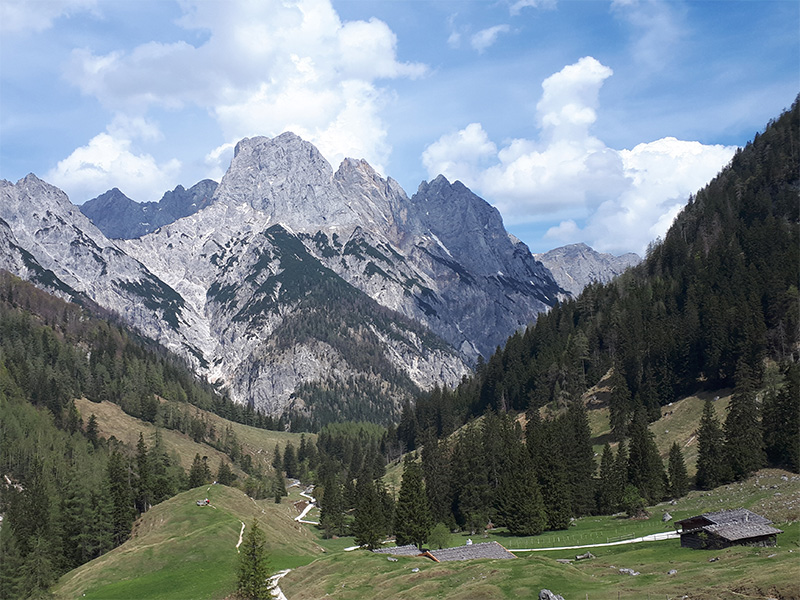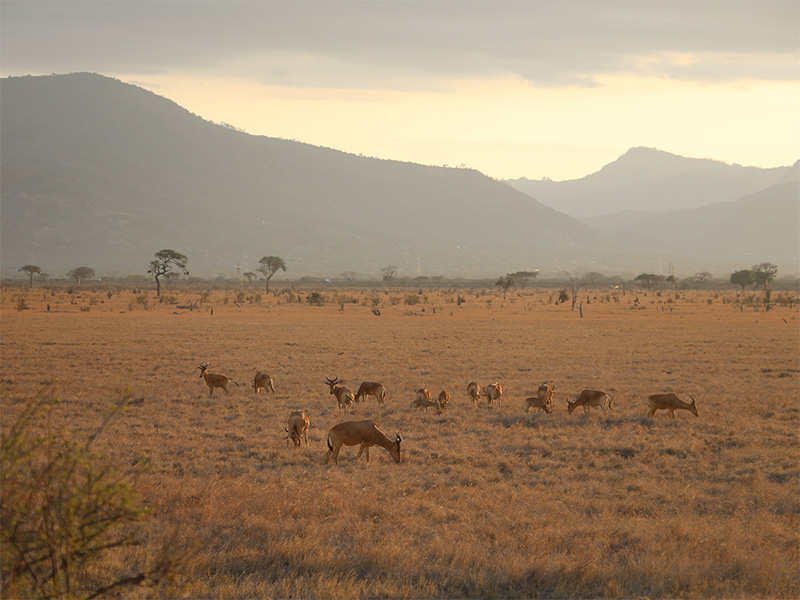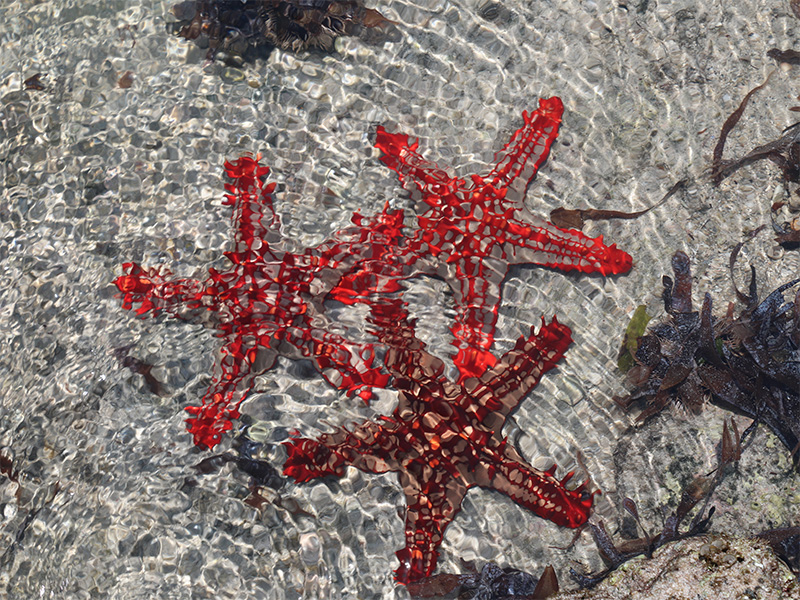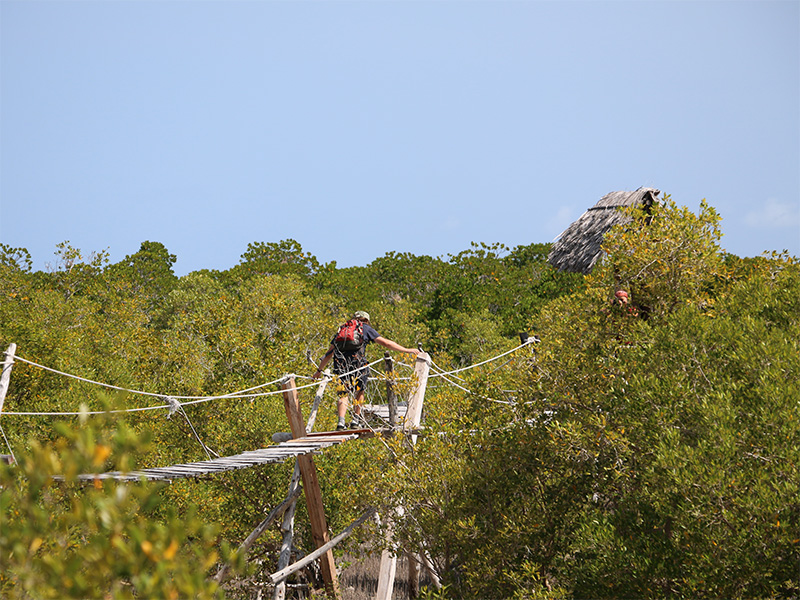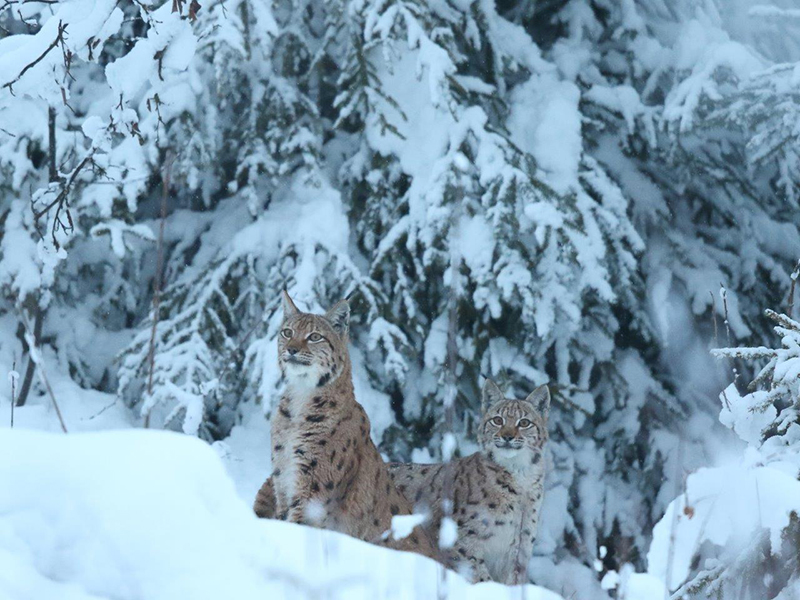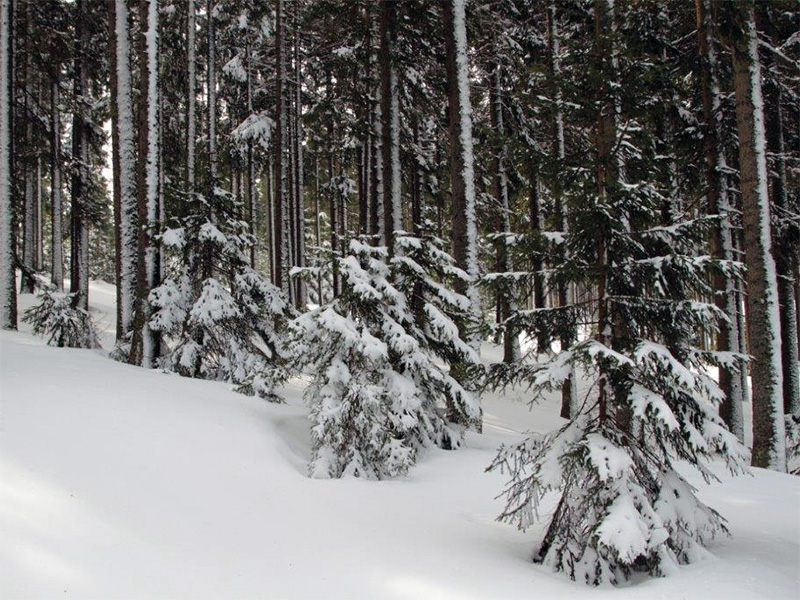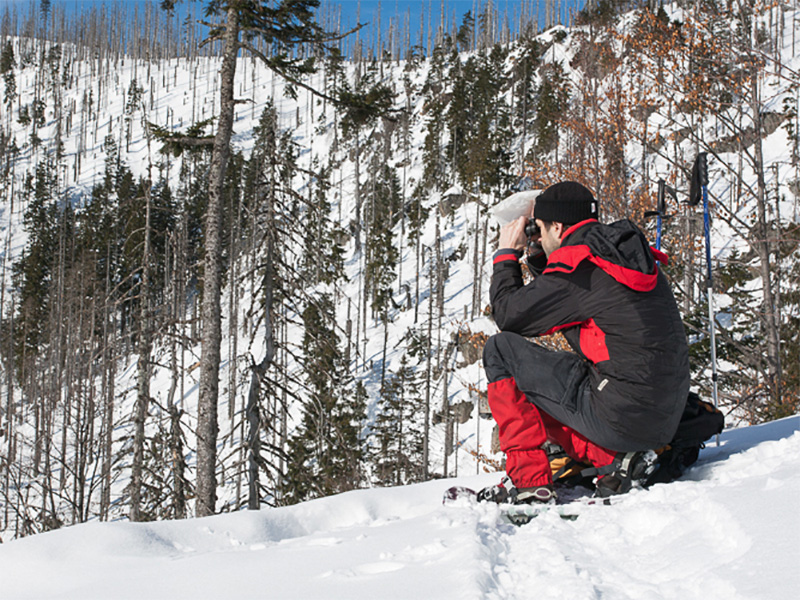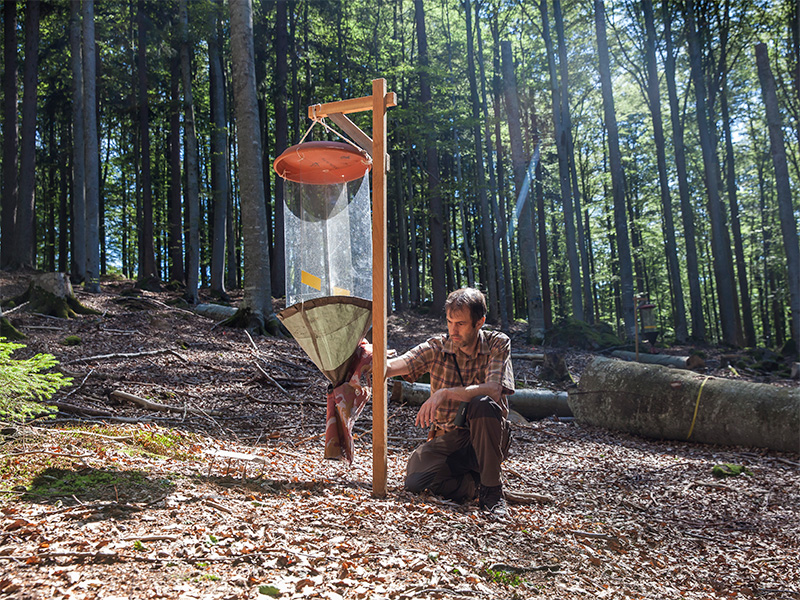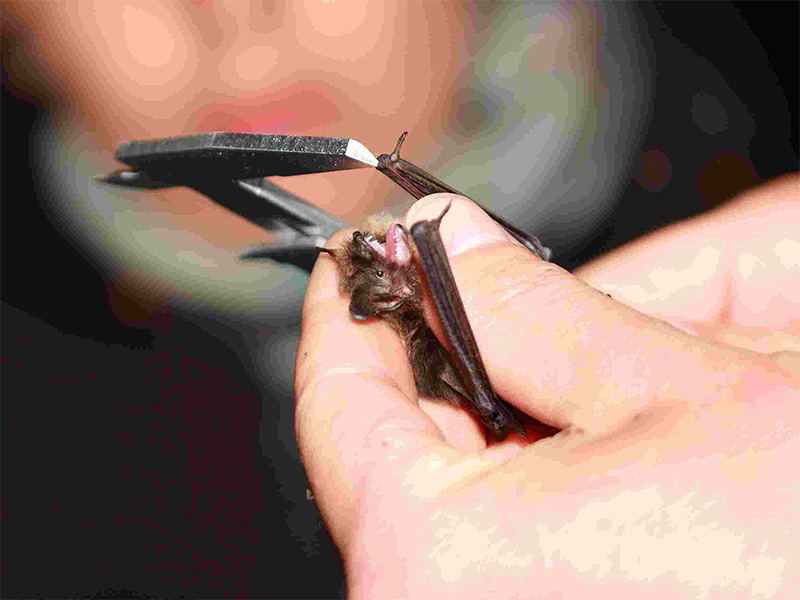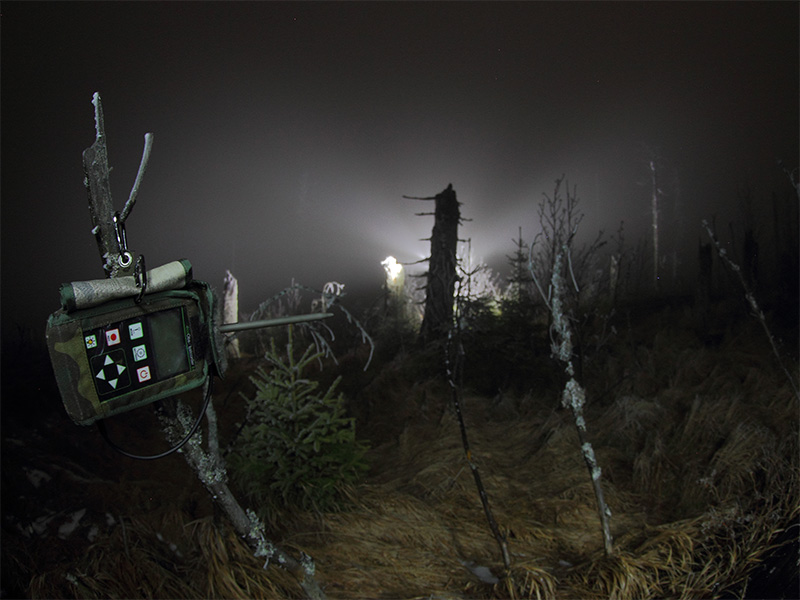Theoretical modules
Practical modules
Subtopics
Excursions
Alpine excursion to Berchtesgaden
In practical course “Ecology in Alpine Environments” we have a 10 days excursion in the German Alps and field trips to the different ecosystems along elevational gradients, encompassing colline to subnival elevations. We will focus on the patterns and drivers of species diversity, species traits, animal-plant-interactions and/or animal-related ecosystem functions along climate- and land-use gradients.
Photo from Janika Kerner
Tropical excursion to Kenya
In practical course “Tropical Ecology” we have excursion to Kenya every second year. We will visit various ecosystems in East Africa, including coastal forests, mangroves, coral reefs, the Eastern Arc mountains and the African savannah. The excursion provides insights into the biodiversity and ecology of tropical ecosystems and their vulnerability due to human land use and climate change.
Photo from Ingolf Steffan-Dewenter
Winter excursion to Bavarian forest
In practical course “Forest Ecology” we have winter excursion to the Jungendwaldheim, Wessely Haus, in the oldest Nationalpark in Germany, the Bavarian Forest National Park. Here a rich fauna of large ungulates together with top predators as wolf and lynx roam the forests. It provides deep insights into the ecological role of vertebrates in forest ecosystems.
Photo from Jörg Müller and Simon Thorn
Summer excursion to Fabrikschleichach
In practical course “Forest Ecology” we have summer excursion to Field Station Fabrikschleichach. Here we will focus on the role of invertebrates in forest ecosystems, in particularly the role of forest insects in conservation and pest management. We will visit the coppicing with standard forests of Bad Windsheim as well as the experimental sites of the Beta-For DFG research unit in the University forest.
Photo from Jörg Müller
Final thesis
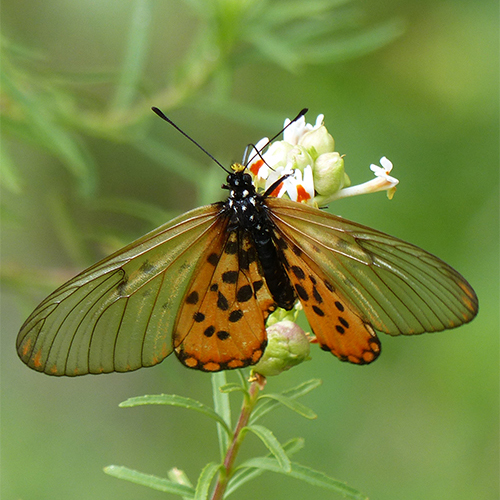
Photo from Ingolf Steffan-Dewenter
ECTS points: 25
Thesis is the continuance of the F2 practical course.
A defined scientific question is addressed by adequate techniques. Students plan and perform experiments to solve problems or summarize and interpret existing data. The students have to develop a research plan and apply advanced and novel techniques in the context of a given research project according to good scientific practice. The results are summarized in a written thesis. The project lasts for six month.
Thesis must be co-supervised from a lecturer at JMU and a lecturer at UiB.
Defense:
Verification of thesis content through oral examination. Total length should not exceed 45 min. (30 min. plus 15 min. of questions pertaining to the thesis, as well as related subjects)
Courses offered at UiB
1.Semester
BIO300A – Academic writing (5 credits)
BIO250 – Palaeoecology (10 credits)
BIO299 – Research Practice in Biology (10 credits)
In addition, you can choose one of these:
BIO300B – Biostatistics (5 credits)
BIO303 – Prescribing and Gradient Analysis (5 credits)
2. Semester
BIO201 – Ecology (10 credits)
BIO210 – Evolutionary Biology (10 credits)
In addition, you can choose one of these:
BIO301 – Current Topics in Biodiversity, Evolution and Ecology (10 credits)
BIO299 – Research Practice in Biology (10 credits)
3. Semester
Master’s thesis (30 credits)
4. Semester
Master’s thesis (30 credits)
